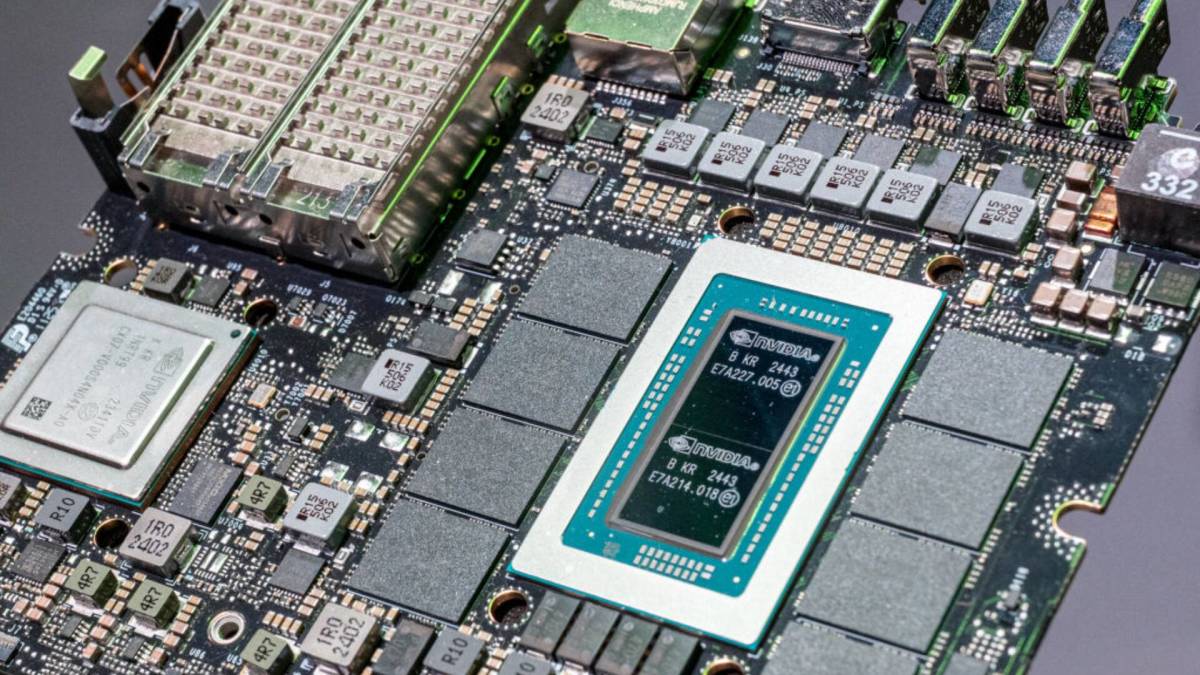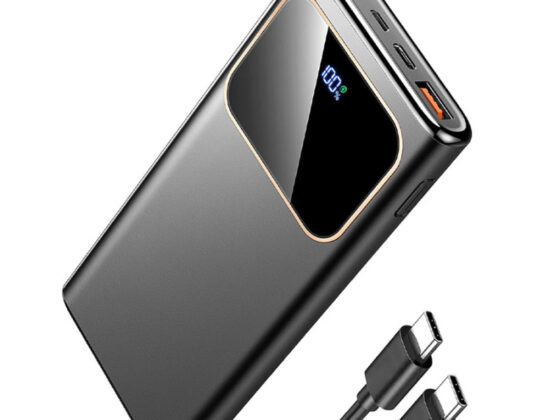What is the secret of every successful product? It's simple: It solves a problem.
If the problem is big and many people have it, an efficient and unique solution will sell like crazy, even for a high price.
I remember when Nvidia launched “the world's first GPU,” GeForce 256, in 1999. It was a huge deal, changing the gaming cards market forever.
Nvidia pivoted its business two times, first to crypto and then to artificial intelligence.
Related: Meta delivers eye-popping AI announcement
The AI boom is something that looks like it came out of nowhere, but machine learning is not a new thing. A sudden “big leap” happened because the hardware became powerful and widespread enough that machine learning algorithms could be used on huge data sets.
Nvidia showed a lot of foresight when it launched CUDA in 2007, anticipating that GPUs would become indispensable for general-purpose parallel programming and machine learning.
The latest specification leak shows that the company isn't infallible with its predictions.
Nvidia N1X chip shows its face on Geekbench
Specifications for unreleased chips often get leaked on the Geekbench benchmarking platform. These leaks are sometimes intentional and sometimes due to testers not being careful and using the free version of the benchmark, which clearly warns that it will upload the result.
We must look at this leak skeptically, as the Geekbench listing could have been manipulated. If the leak is real, it was probably done on an engineering sample, so the benchmark's performance results probably don't match the chip's real potential.
This leaked data shows that the Nvidia (NVDA) N1X chip, rumored to launch in Q1 2026, has the same number of Arm CPU cores, GPU cores, and streaming multiprocessors as the GB10 superchip, reported Tom's Hardware.
Related: AMD's quiet move may shock gaming GPU market
Considering that GB10 powers Nvidia's DGX Spark mini AI PCs, it is reasonable to expect that if it is modified for laptop use, it will draw less power and perform less well.
Why does this leak show that Nvidia isn't infallible?
To answer this, we need to take a closer look at GB10 and the design philosophy behind it.
Nvidia takes a page from Zuckerberg's playbook
What is the worst approach to the development of a product?
Take a couple of things you have and put them in a blender. Once you have a resulting mix, start looking for customers, hoping you stumbled on something useful.
Mark Zuckerberg's Metaverse is the prime example of that failing strategy. He thought combining a bunch of different technologies was a good idea; however, no one asked for it, and it did not solve anything.
DGX Spark was announced in January as project DIGITS and was supposed to launch in May. In March, it was renamed DGX Spark and made available for reservations.
However, it is still not available for sale; it is only available for reservations. What's the holdup?
There could be some manufacturing or software problems. However, I suspect it's neither.
DGX Spark is meant to be used for running AI models on-premise or for AI model development. I think Nvidia miscalculated that it would get millions of pre-orders for its Cybertruck — I mean DGX Spark. And it didn't happen.
More Nvidia:
- Fund manager who predicted Nvidia stock rally reboots forecast on China
- Major analyst revamps Nvidia stock price target after China surprise
- Nvidia CEO hits Warren Buffett milestone
Running software on premise is something even cybersecurity companies avoid, even though it's better for security.
Companies don't have enough (if any) competent system administrators to maintain critical software services, let alone AI models on premise.
I know this because I know people who work in companies that would benefit from such a setup, but it ain't happening.
Oracle's launch of on-premise cloud systems corroborates the idea that companies don't want to maintain anything themselves.
I don't think the number of independent developers that need this mini AI PC is that big, either.
If I am correct and this chip is dead on arrival in its mini AI PC form, perhaps the company thinks it can sell it as a laptop chip, which is why N1X has the same spec.
I had high hopes for Nvidia's entry into the laptop APU market, but if this chip's selling point is its ability to run AI models, it is not very convincing.
The company has built something based on supercomputer tech, but does it have customers outside of that business, or is this just another Metaverse?
Related: Sam Altman worried AI could steal money from your bank account













